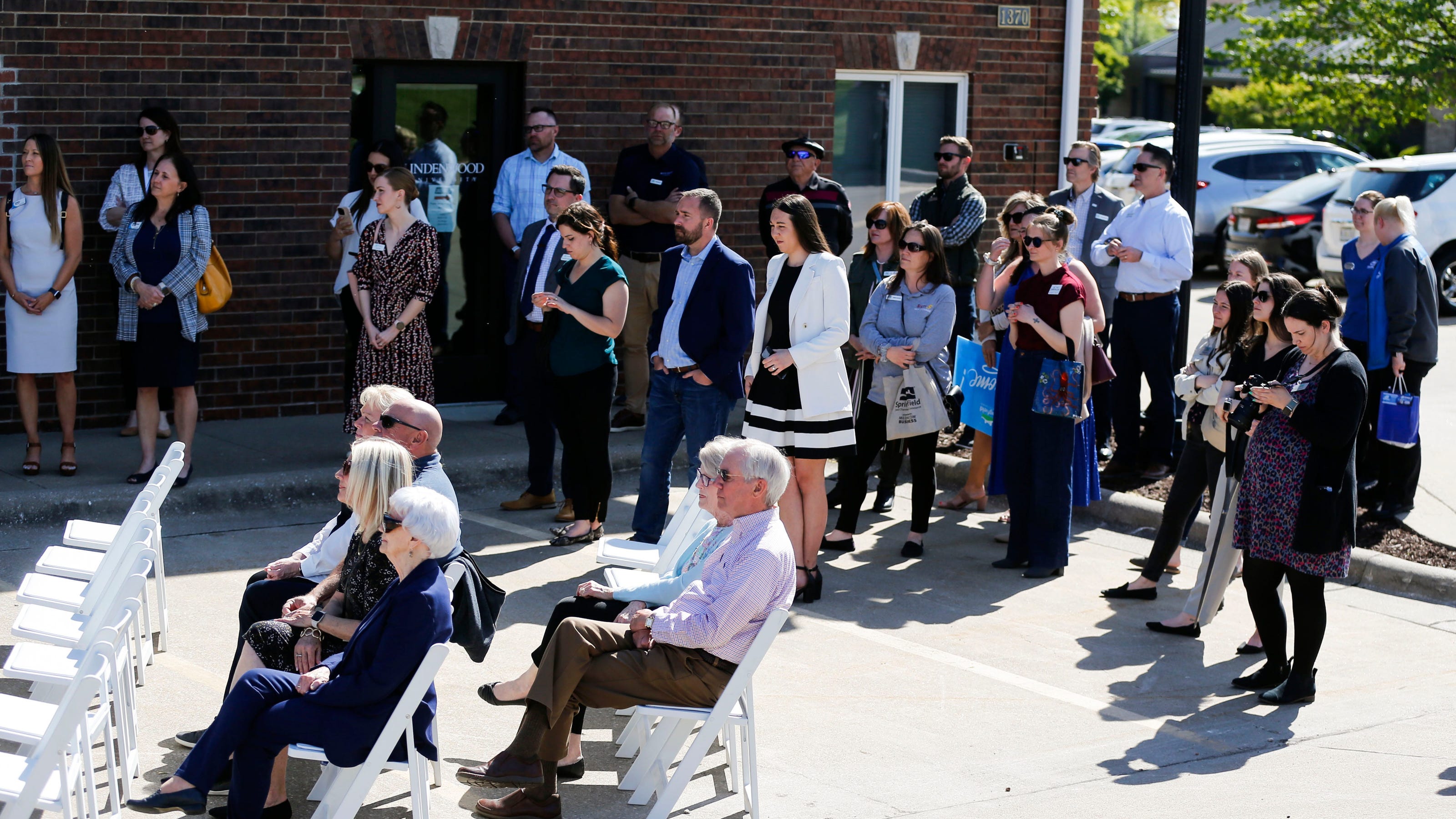“Autism spectrum disorder spiked 175% among people in the U.S. from 2.3 per 1,000 in 2011 to 6.3 per 1,000 in 2022, researchers found. Diagnosis rates climbed at a faster rate among adults in their mid-20s to mid-30s in that period, according to a study published Wednesday in JAMA Network Open.”



I’m curious how much of this is from societal things and not just increased diagnoses.
In addition to people giving birth later, how much of that is “learned”. Like how many borderline people would have turned out “normal” from being forced to socialize, instead of being able to hide inside online all day.
That’s… not how autism works. It’s a neurodevelopmental disorder. Autistic nervous systems are literally wired differently than neurotypicals. “Turning out normal” as you call it is masking, which has been shown to be largely harmful for the mental health of autistic people.
Autism is a spectrum, and an Autism diagnosis is drawing a line in the sand.
It has its utility but I definitely agree it’s harmful in the long term. It would be nice to not have to mask to be accepted.
There are certain types of things that could be described as masking that people with neurodivergence really need to do anyway. A lot of people on the ASD spectrum have hygiene issues as kids because, for example, they find showering to give them a lot of anxiety. Obviously that needs to be overcome no matter how hard it is to do.
That’s not how that works. ASD is one thing; behavior is another. However.
My son is on the spectrum, not diagnosed until his mid teens. He’s attended some college so far, and took advantage of a support program at the school for people with an ASD diagnosis. The first year, he was in a dorm specifically built for this program, so over the course of the year, he got a lot of new exposure to “people like him.”
Just today he was remarking (again) about how “sheltered” and “coddled” a lot of the other students in this program are. He sees how people respond to situations, and he sees how parents interact with their kids when visiting, moving in/out.
My son is glad to not have had a diagnosis until later on. He recognizes that having gotten some bullying in school - while definitely not desirable, did happen - forced him to be introspective, and forced him to figure out coping mechanisms on his own.
Those are beneficial skills that are well taught by experience, and overprotective parenting (whether the kid is on the spectrum or not) reduces the ability for kids to learn those skills.
He’s lucky, it sounds like he found out at the right time. I didn’t find out until much later and while my coping and masking skills work for a few hours, they’re exhausting to do, they make me feel like I’m lying about who I am, and I can never be relaxed around people.
There’s bullying and there’s romantic trauma - a very normal thing for people with autism. There’s really nothing good in romantic trauma in an NT environment for an autistic person. Nothing good at all.
Also there’s some bullying and there’s a lot of bullying.
He might have simply been in a good school and called that bullying.
Anyway, there lived such a guy as M.I. Dragomirov, a Russian general, his approaches to warfare are a fossil, but his approaches to upbringing and healthy relationships in a military can be roughly summed up as “one who’s taught to fear a stick will fear enemy bayonet even more”. Being subject to bullying does not generally teach one bravery. I mean, there are probably very virtuous parents who’ll explain to their kid that always hitting back and even when the teachers and other kids are on the bully’s side. But a lot of parents will pretend there’s no bullying and tell their kid to ignore it, and that hitting back is wrong.
I would really like to not have been in that school, the skills I’ve learned there I feel I won’t ever need in any environment other than an actual warzone. But in that case an autistic person will function even worse than other people, skills or not.